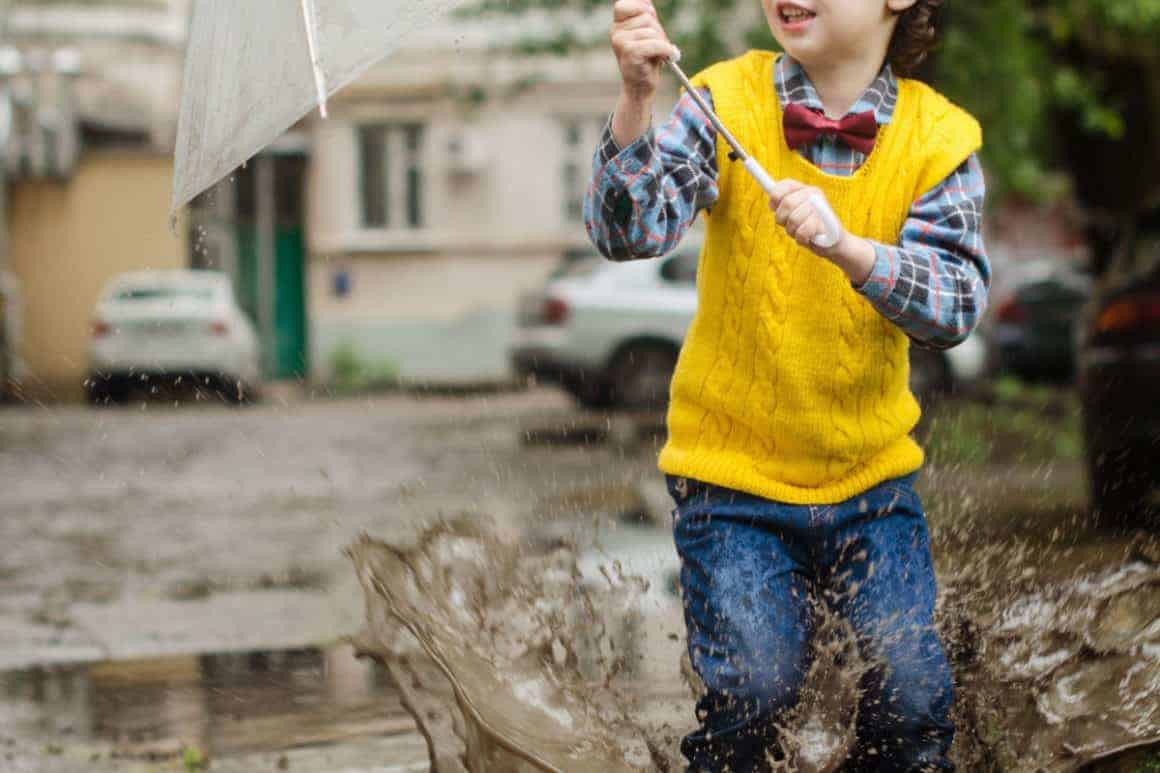Have you ever wondered who your child is talking to every time they play by themselves? One minute, you are playing with your child, and he asks you to move for Brandon, his invisible friend. Well, similar to the stories in mysteriousheartland.com, children’s imaginations begin as early as two to three years of age.
At the peak of two or three years old, a child would start to pretend to play. Sixty-five per cent of children would begin having an imaginary friend or two, but the reasons behind these imaginary friends differ, and the length they stick together would vary. To help you, here are the signs that your child has an imaginary friend.
1. Kids Who Refuse To Interact With Other Kids

Human at any age does need a friend, a companion, and a kid who refuses friends is a sign of having a group of imaginary friends. In a situation where your child does not listen, does not play or does not go along well with the children around them could implicate an issue that could result in bullying.
It may be challenging to identify as kids nowadays would more likely watch TV, listen to music and play internet games by themselves. However, if a parent notices that their child is distracted and does not remember a certain thing, it could be a potential sign for your kid to have an imaginary friend.
Thus, asking your children to listen and accompanying them while playing would be an excellent way to go with this.
2. Kids Who Are Fearless In Doing Dangerous Things

Imaginary friends harness potential threats to your child’s overall safeness. They have a significant influence on a child that often brings fear for parents. Now, it does not mean that imaginary friends are all good; most of them are bad and could result in having your child do seriously dangerous things.
In particular, your child can imagine that his/her friend is asking him/her to do things, and most of the time, this leads to bad results. If you see your child doing explicit things or if you notice that things are developing this way, immediately contact a professional before your child takes it too far.
3. Kids Who Are Overly Imaginative

It is a special talent to become imaginative and creative, and these are two good attributes to cherish. However, kids who cannot tell the difference between imagination and reality could mean a problem. If you see your child talking or experiencing this type of thing, then you need to be concerned.
As to how beautiful and exciting the fantasy world can be, at the very end of the day, your child lives in reality, and they need to realize that. If your child becomes overly imaginative and can’t differentiate reality from imagination, consult a professional to get some help.
4. Kids Who Are Too Quiet

It is hard to distinguish being too quiet and naturally shy and reserved. Being silent in a room full of unknown people is okay as the kid may imply that he or she is merely shy.
But it becomes a different story if you experience or notice that your child becomes quiet even on a family dinner or when with you. It might mean that the kid is talking to an imaginary friend inside his or her head.
Everyone at any age needs human interaction, and parents should be compliant and insistent on that. The best way to keep with this is to talk to your child gently and ask them to be a bit more engaging b talking. In doing this, make sure that they don’t feel attacked as it may result in a more complex issue.
It is also recommended to speak with him or her and engage with the imaginary friend, by doing this you get your child’s buy-in and trust that you know what they see and hear and by that tweak the story to a good one.
Takeaway
Having an imaginary friend is okay and could have ethical impacts too. But, be very keen and make sure to contact professionals if you see your child do things that are far from ordinary. Imaginary friends usually retreat at the age of nine years old though some linger that is okay.
A parent’s guidance is the key to making sure that your child stays away from danger. Without parental supervision, imaginary friends don’t go away, and the kid would stop talking about the friend in fear of bullying. Thus, aside from parental guidance, family engagement or bonding could also be of help to avoid these situations.

